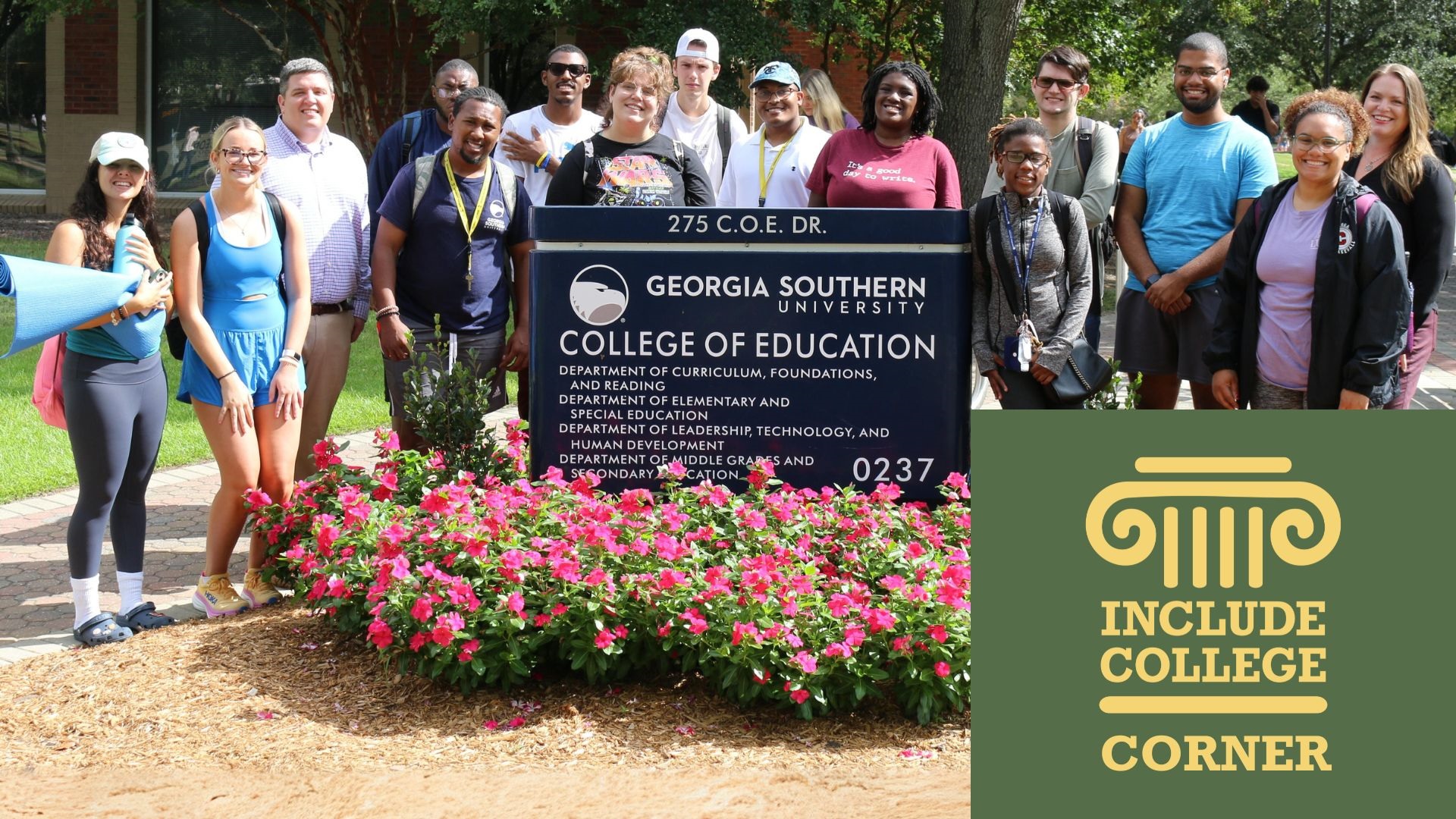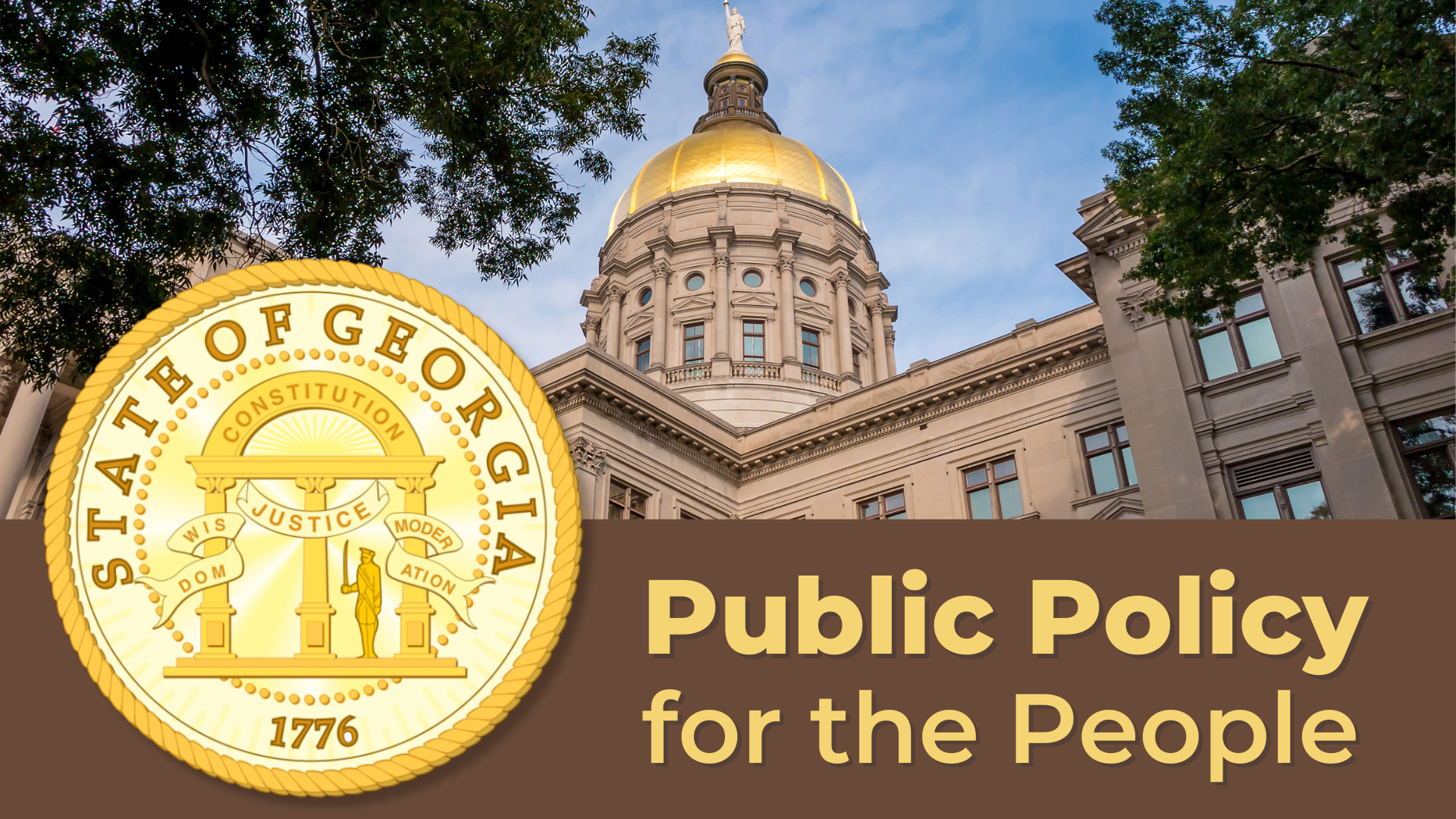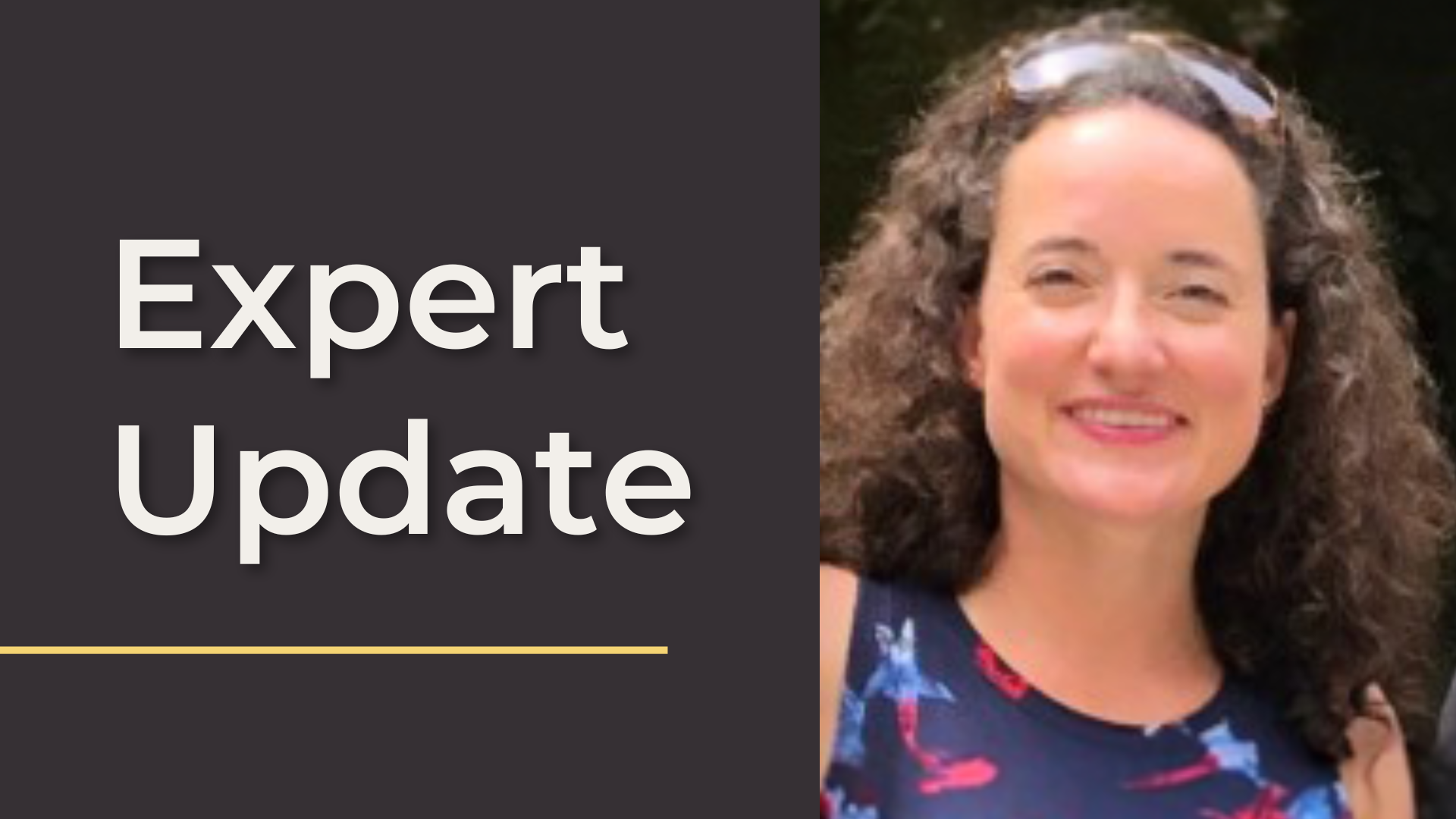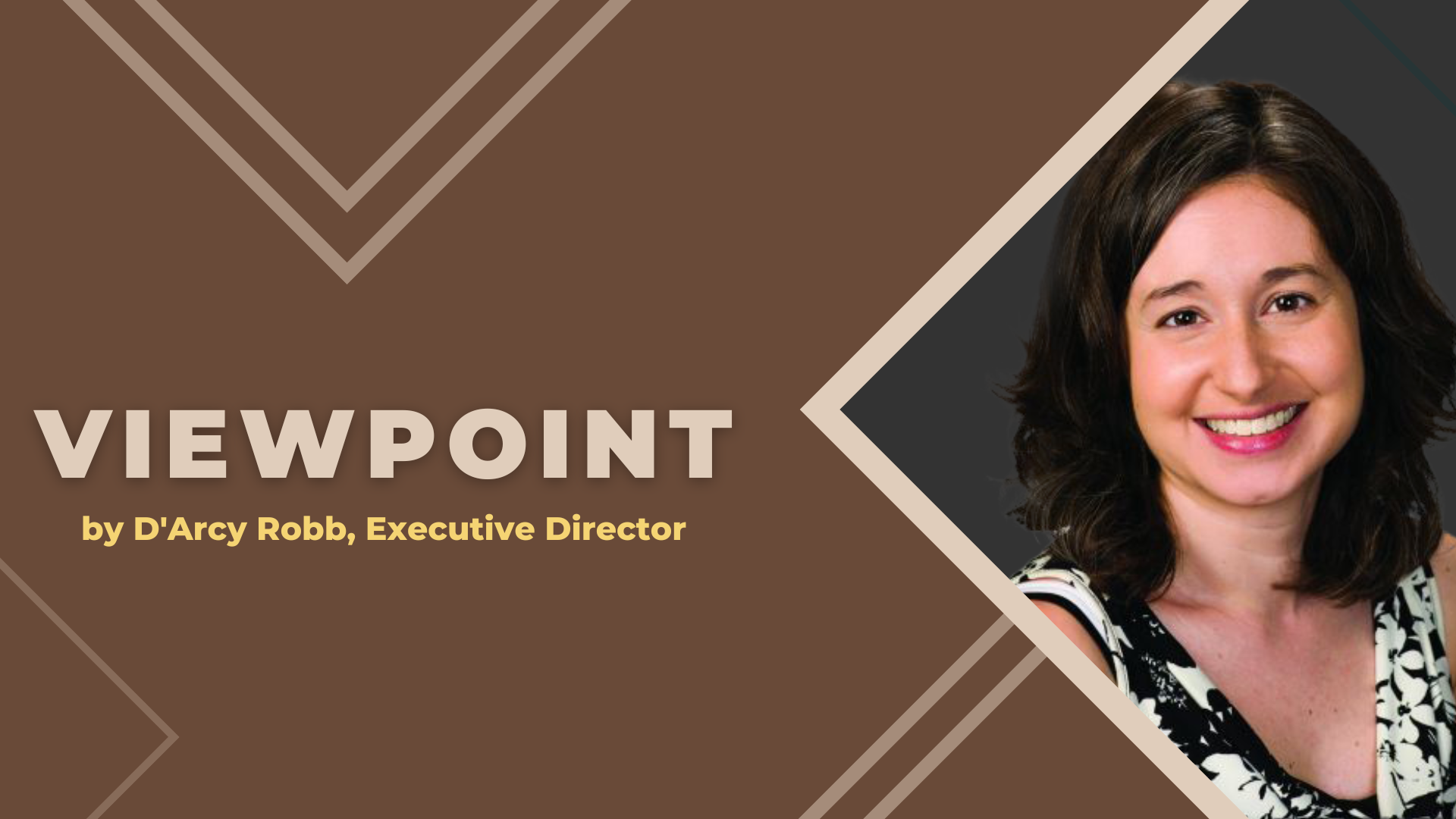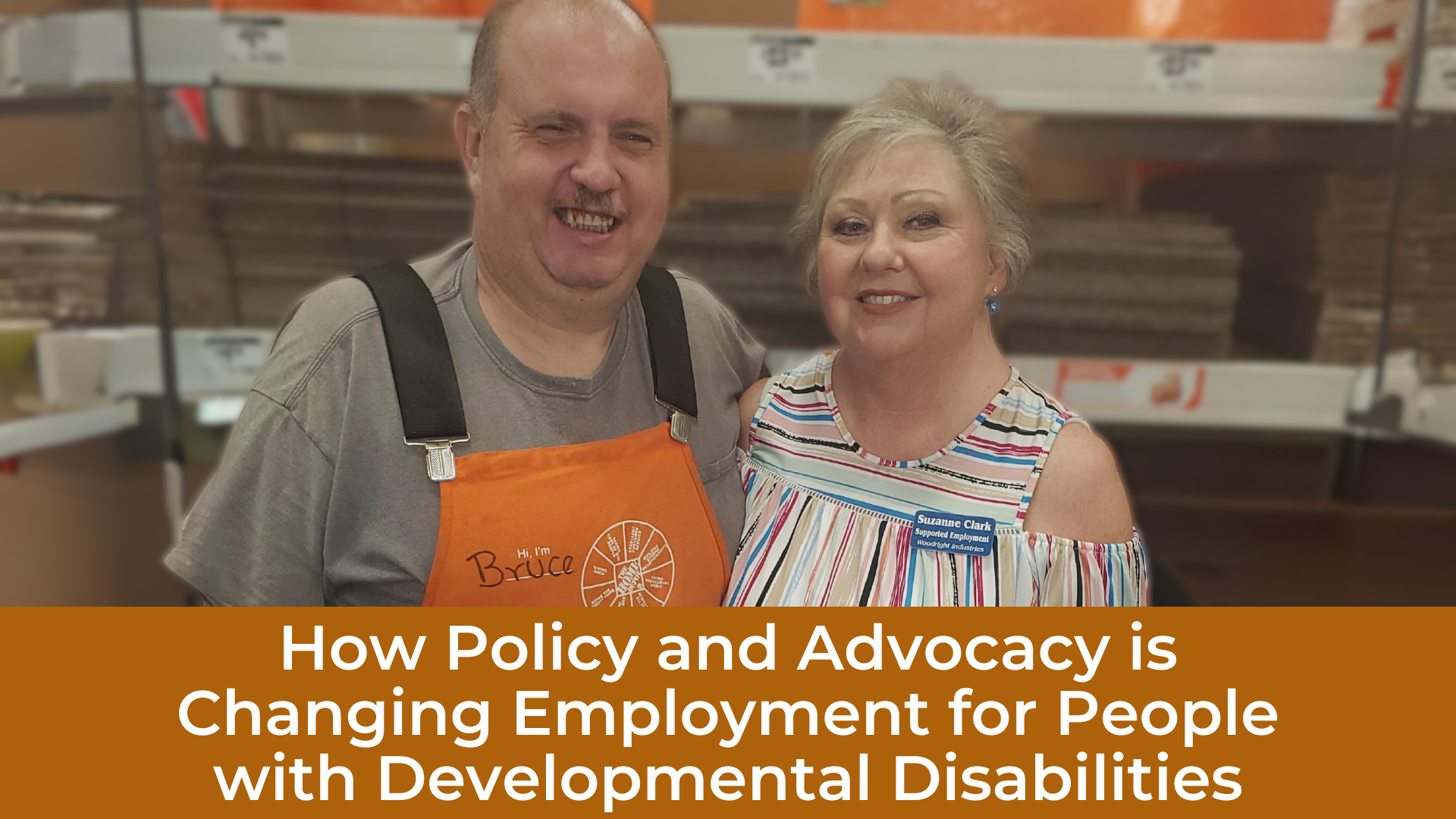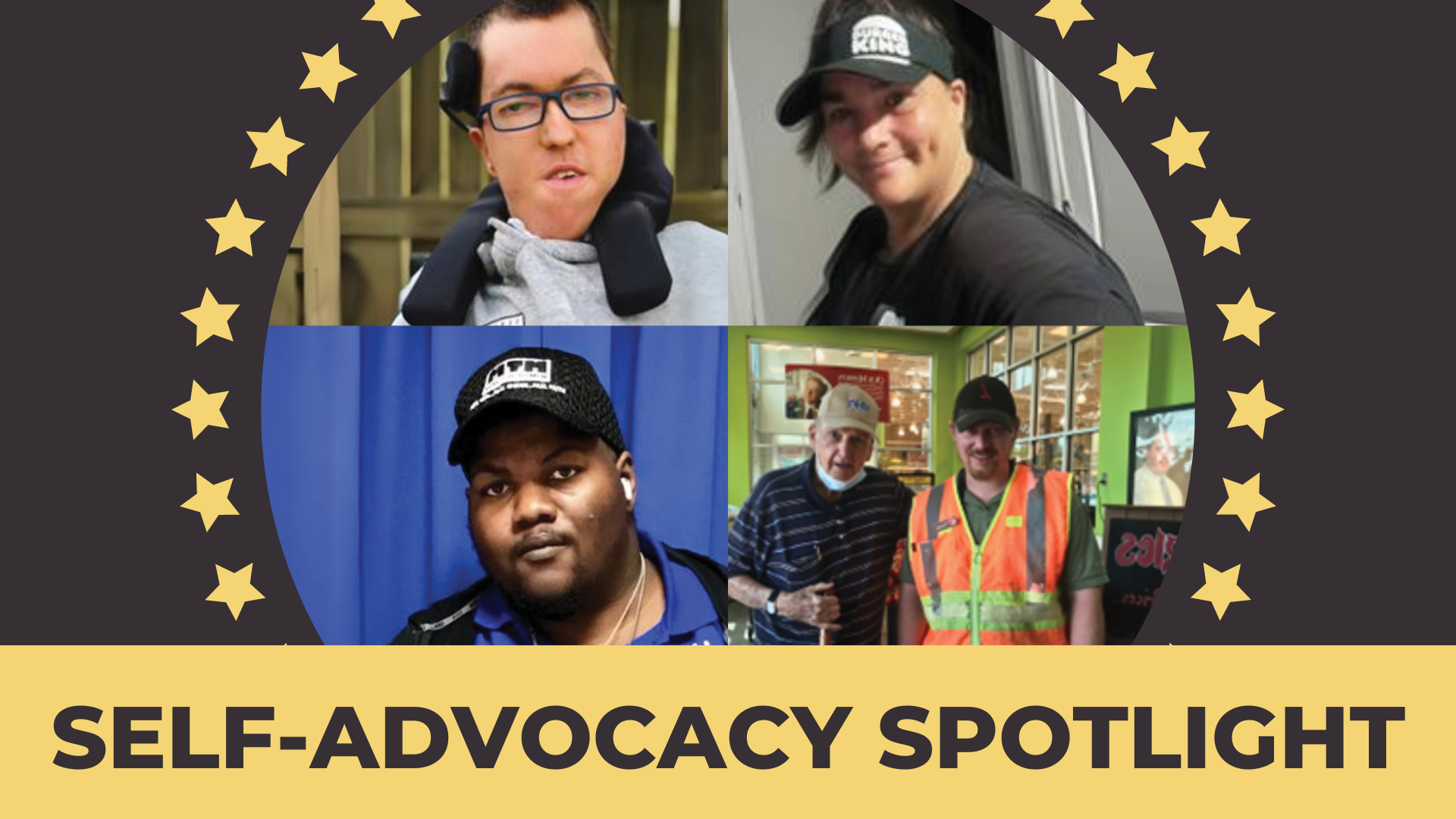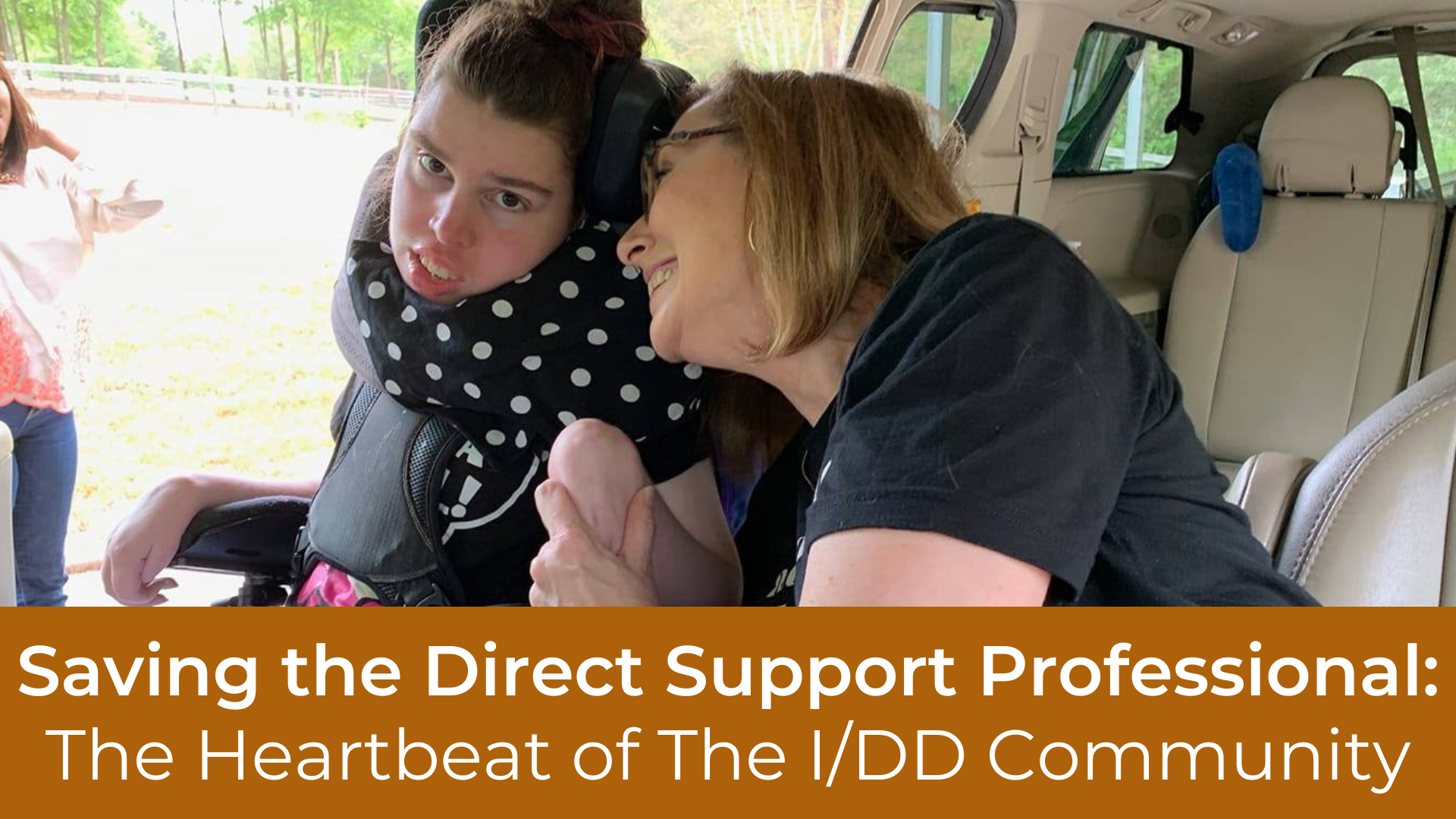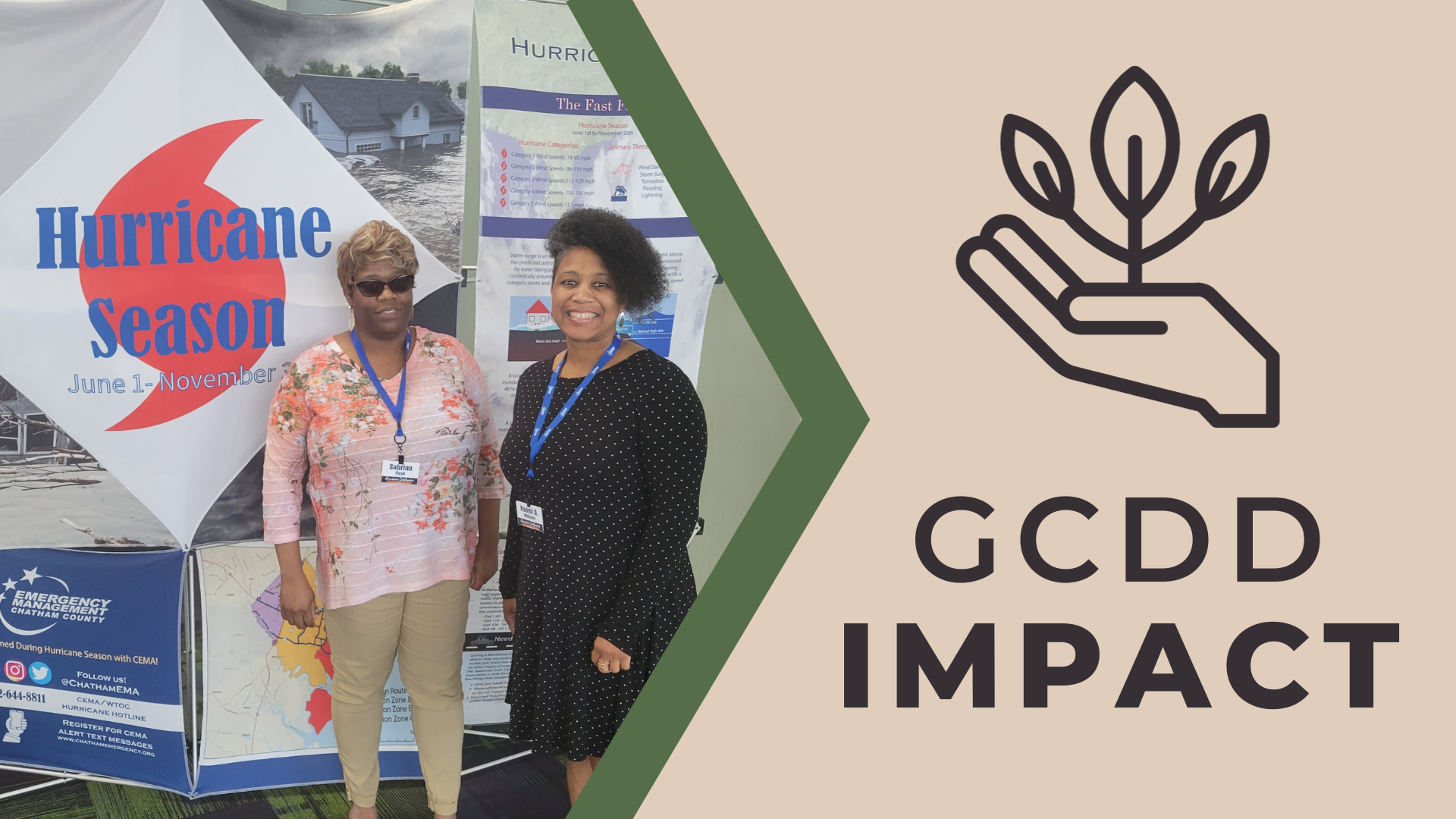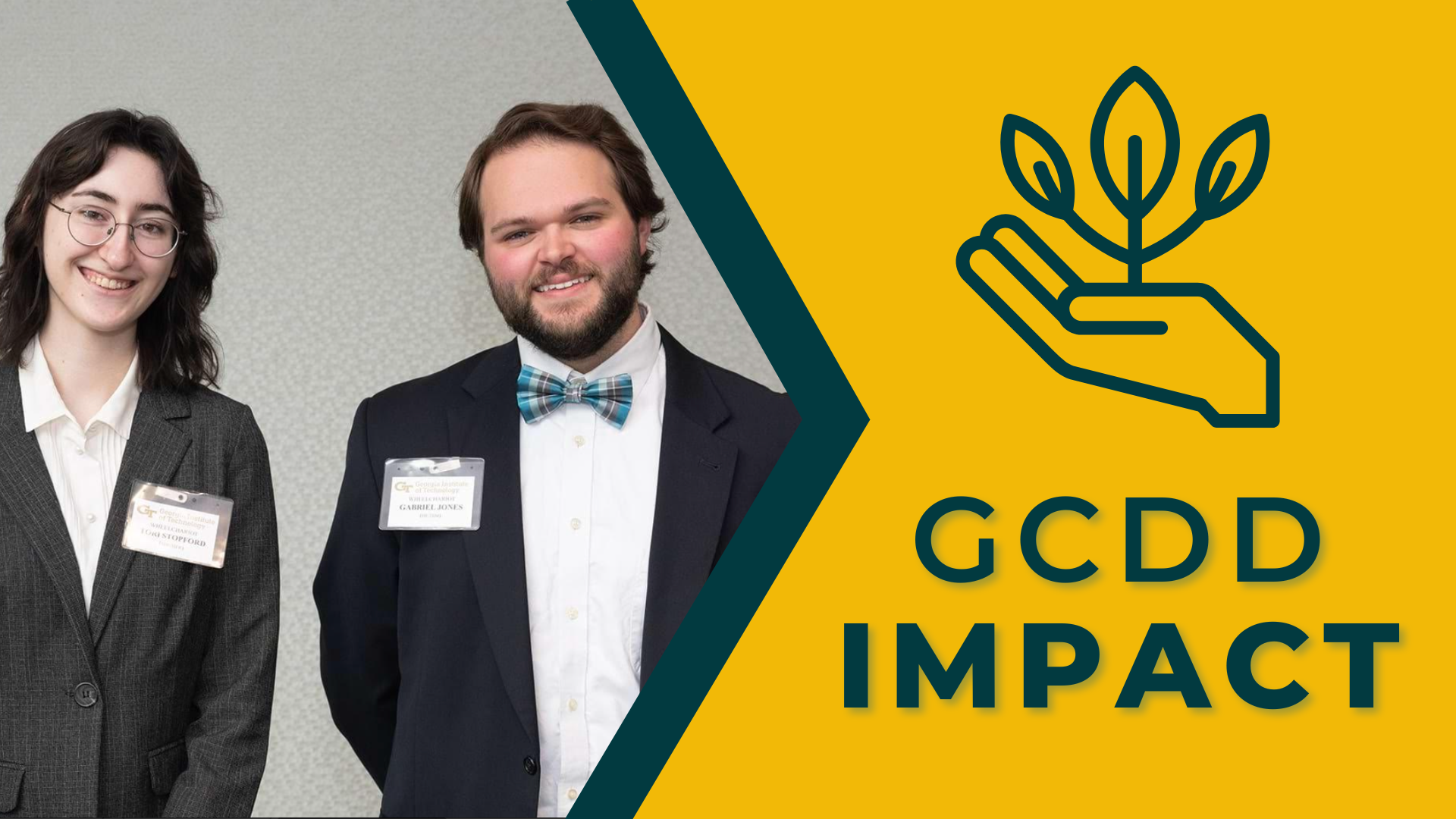The EAGLE Academy is a two-year program within Georgia Southern University that provides individuals with intellectual disabilities a chance to gain independence, skills, knowledge and confidence alongside students who do not have intellectual disabilities. The program currently focuses on years three and four of the college experience, meaning the students have either attended other post-secondary programs for one to two years, worked previously, or have been out of high school for a couple of years.
Category: Issues (page 3)
List of related posts
Public Policy for The People: The Next Legislative Session is Almost Here!
Fall is in the air, the leaves are changing, holidays are right around the corner and my favorite time of the year is almost here. That’s right, the legislative session! From the second week of January to mid-March or later in the spring, Georgia State legislators come together at the state capitol, or what we like to call “the Gold Dome,” to work on the state budget for the upcoming year, and pass laws that affect Georgians like you and me.
Expert Update: Untapped Pool of Talent
The Georgia Council on Developmental Disabilities (GCDD) interviewed Emily Myers, region director at Briggs & Associates, a supported employment company that assists people with disabilities with finding employment. We spoke about the state of work for people with disabilities, unemployment among people with disabilities, and what Briggs & Associates does to help individuals find meaningful and accommodating jobs and careers.
Viewpoint: A Golden Opportunity to Build Georgia’s Workforce and Economy
I was one of those college students who had no idea what I wanted to be when I grew up. So, after graduation day, I worked a variety of different jobs. I was a childcare worker at a provider agency working with troubled youth. I worked on a political campaign, then did public relations for a community recreation center, then was a television producer. Meanwhile, in my down time I developed a mild obsession with purpose-driven career development. I can’t tell you how many times I took aptitude tests and re-read “What Color is Your Parachute?”
How Policy and Advocacy is Changing Employment for People with Developmental Disabilities
When Georgia legislator Sharon Cooper, R-Marietta, heard from a constituent that there were residents making as little as 22 cents an hour, she had to do a double take.
“It seems like that is something out of the 1800s when we didn’t have child labor laws and they had children working for six cents an hour. It’s just antiquated,” she said.
Cooper gathered her team to research the issue and discovered that low wages for people with disabilities isn’t just a common practice, it’s part of federal law.
Georgia Self-Advocates – How We Contribute
Self-advocates across Georgia work and contribute to their communities as individual citizens and as members of the growing self-advocacy network, Uniting for Change. When we focus on how everyone has something to contribute, we find ways for people to find and share their gifts and talents.
Saving the Direct Support Professional: The Heartbeat of The I/DD Community
“The world will be missing out if we don’t do what is necessary. And we clearly have shown that what is necessary are these Direct Support Professionals,” remarked Pam Walley, executive director of Georgia Options. “We’re going to miss out on the contributions of a lot of really talented, wonderful, giving, creative, amazing people,” she added.
Emergency Preparedness Grant Supports Listening Sessions Across Georgia
Life can change in an instant. From a loved one falling ill, to a natural disaster in your hometown, to a pandemic shutting down the world, emergencies can strike any time, any place and anyone. And, when it comes to people with disabilities, medical, situational and mental health emergencies can be even more critical and difficult to navigate. For example, a person who uses a wheelchair is more likely to experience a crisis if a building’s elevator breaks down, such as Naomi Williams’ son, Noah, who uses a wheelchair. He also has significant medical needs and requires full-time support, so a broken elevator can cause a dangerous situation for him and his caregivers.
Public Policy for The People: Keep Up The Momentum
As some of you may already know, the recently passed Georgia House Bill 185 included increased funding and accessibility for Inclusive Post Secondary Education (IPSE) programs in Georgia. This was a huge win for the disability community and was made possible only by the hard work of disability advocates.
WheelChariot Strives to Improve Businesses’ Accessibility and Services
With the rise of online reviews through websites like Yelp! and Google, WheelChariot, an online platform based in Atlanta, Georgia is getting in on the trend to help the disability community by providing business reviews based on accessibility.
